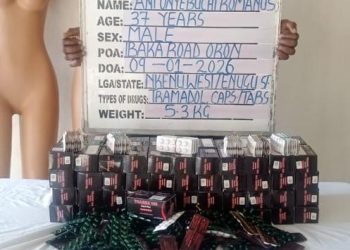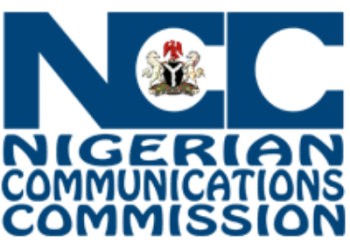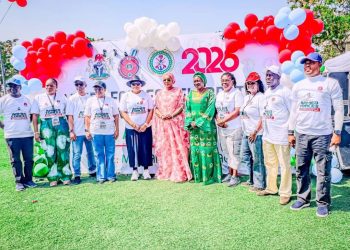By: Mnena Iyorkegh, Abuja
The International Organisation for Migration (IOM) says the national policy on IDPs is a dynamic framework designed to ensure transparency, accountability, and effective coordination of humanitarian responses to IDPs
The Chief of Mission, IOM Nigeria, Mr Laurent De Boeck, stated this in Abuja, at the 7th National Humanitarian Coordination Technical Working Group (NHCTWG) meeting, to revalidate the National Action Plan (NAP) on IDPs in Nigeria.
De- Boeck, Represented by the Head of Policy Governance Liaison and Support of IOM, Daniel Salmon, said the NAP undergoes regular joint reviews to adapt to evolving contexts and ensure continuous improvement, through inclusive and democratic processes.
“What has been fantastic is the process of people from different parts of Nigeria, from the civil society, governments or international partners all coming together, to discuss the critical matters of internal displacement in Nigeria.
There are more than three million IDPs in Nigeria, to this NAP sets out the obligations and responsibilities of each government entity under the national policy and relevant benchmarks, timelines and indicators to facilitate monitoring accountability.
Boeck added that: “This document identifies the budgetary requirements for implementation of the national policy to enable necessary allocation and resources of the fund as a result of the collaborative and inclusive process. This involved input and feedback of various stakeholders, including line ministries, institutions, state authorities, UN agency, NGOs and displaced communities through technical working group meetings, bilateral consultations, focus group discussions and validation workshops.”
The Head of Nigeria Office/Field Director, International Public Opinion Research and Analysis, Mubarak Yusuf, three documents were reviewed for the revalidation and about 200 participants who were engaged, participated in consulting throughout the process, said: “The NAP is trying to ensure that critical activities of the policy were outlined and this is a process seamlessly that has started right from August 2022 with a number of actors. What we are looking at particularly now is revalidating this document. Also, we are looking at it from the framework of the Federal Ministry of Humanitarian Affairs and poverty alleviation to measure what extent these activities will aid in alleviating poverty, particularly the vulnerable population,” he added.
The event was organised with support of the Swiss, Nigeria’s Ministry of Humanitarian Affairs and Poverty Alleviation and in close coordination with IOM and WFP.















